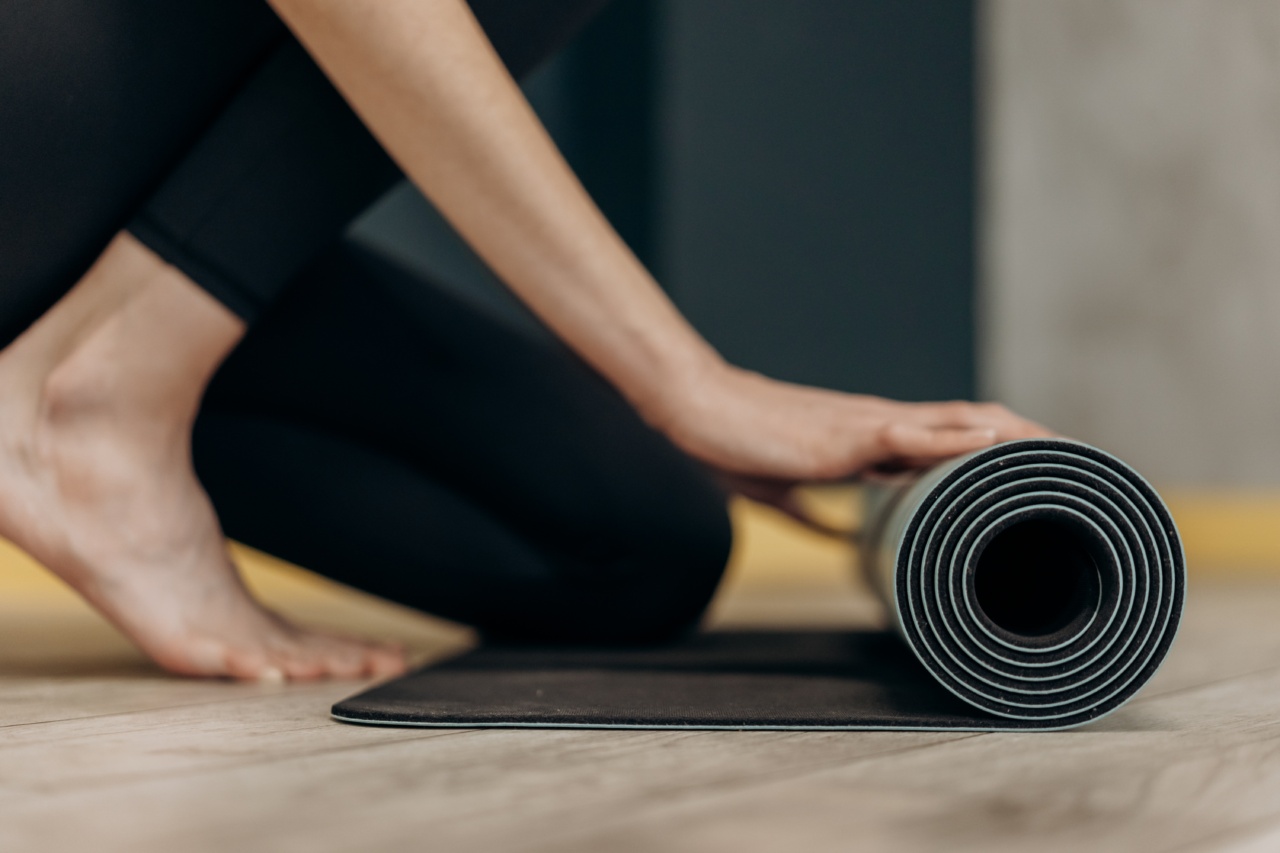Physical activity is important for everyone, but it is especially critical for young adults. Exercise has a multitude of benefits, including improved cardiovascular health, increased muscle mass, and weight management.
However, exercise is also incredibly beneficial for the brain, improving cognitive function, reducing stress, and improving mental health.
Improved Cognitive Function
Recent studies have shown that exercise is an effective way to improve cognitive function and memory. Exercise increases oxygen and blood flow to the brain, providing a boost of energy and nutrients that can help brain cells function more effectively.
Exercise has also been shown to increase the production of new brain cells, improving cognitive function and overall brain health.
Several studies have looked at the relationship between exercise and academic performance, and the results have been consistently positive.
In one such study, researchers found that young adults who engaged in regular physical activity had higher scores on tests measuring cognitive function and working memory than those who were sedentary. Another study found that regular exercise improved academic performance in young adults, particularly in the areas of mathematics and reading comprehension.
Reduced Stress
Exercise is also a great way to reduce stress. When you exercise, your body releases endorphins, which are hormones that naturally reduce stress and can improve your mood.
Exercise also increases the production of neurotransmitters like dopamine and serotonin, which are responsible for regulating mood, reducing anxiety, and improving mental health.
In addition, exercise can help young adults develop better coping mechanisms for stress. Regular exercise teaches individuals how to manage stress and anxiety in a healthy way.
This can help to reduce the negative effects of stress on mental health and improve overall well-being.
Improved Mental Health
Mental health is a critical aspect of overall well-being, and exercise has been shown to be effective in improving a variety of mental health issues.
Studies have shown that exercise can decrease symptoms of depression and anxiety, improve stress-coping skills, and improve overall mood.
Exercise has also been shown to be an effective treatment for substance abuse and addiction. Regular exercise can help to break the cycle of addiction, improve mood, and reduce the risk of relapse.
Exercise can also help to reduce symptoms of post-traumatic stress disorder (PTSD) and improve overall mental health in veterans and other trauma survivors.
Reduced Risk of Chronic Diseases
Exercise is one of the best ways to reduce the risk of chronic diseases like cardiovascular disease, diabetes, and certain types of cancer.
Regular exercise can help to strengthen the heart and lungs, regulate blood sugar levels, and improve overall health.
Young adults who engage in regular exercise are also at a reduced risk of developing chronic diseases later in life.
Studies have shown that individuals who exercise regularly in their 20s and 30s have a significantly lower risk of developing chronic diseases later in life, such as diabetes and heart disease.
Improved Sleep
Another benefit of exercise on the brain is improved sleep. Exercise has been shown to improve the quality and duration of sleep, which is essential for overall health and well-being.
Studies have shown that exercise can help to regulate circadian rhythms, which are the internal biological clocks that tell the body when to sleep and wake up.
Regular exercise can also help to reduce the symptoms of sleep disorders, such as sleep apnea and insomnia. Exercise can help to regulate breathing and improve overall sleep quality, leading to better overall mental and physical health.
Conclusion
Overall, exercise is an incredibly important aspect of overall health and well-being.
For young adults, exercise has numerous benefits, including improved cognitive function, reduced stress, improved mental health, reduced risk of chronic diseases, and improved sleep. By incorporating regular physical activity into their daily routine, young adults can enjoy a wide range of benefits for the brain and body.































